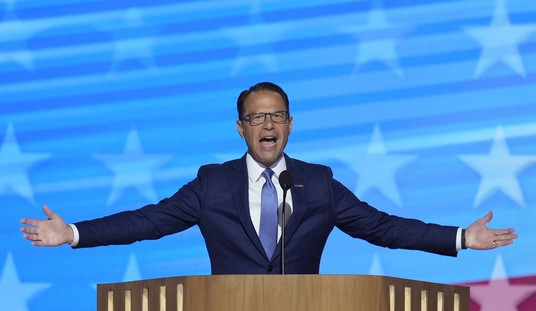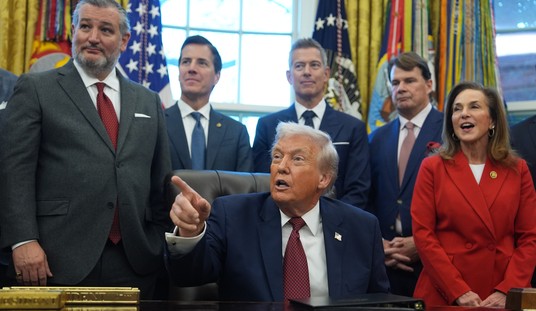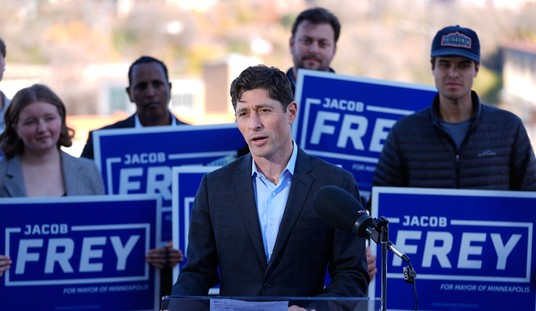A new Rasmussen Reports telephone survey of Wisconsin voters shows that just 39% favor weakening collective bargaining rights and 52% are opposed. At the same time, 44% support a 10% pay cut for all state workers. Thirty-eight percent (38%) are opposed. That’s partly because 27% of Wisconsin voters believe state workers are paid too much and 16% believe they are paid too little. Forty-nine percent (49%) believe the pay of state workers is about right…
Among those asked about the state budget deficit, 52% supported the Democrats and 44% supported the Governor. Most of those 50 and over support the Governor, 40-somethings are evenly divided, and those under 40 support the Democrats.
Among those asked about weakening collective bargaining rights, 56% supported the union and 41% supported the Governor. There is a similar age dynamic on this question, even though the overall level of support for the Governor is lower.
I got whacked in the comments a few days ago for taking the NYT poll on collective bargaining at face value, and to some extent I deserved it. But what about this new data set, hot off the presses from the right’s favorite pollster? My point in the NYT post wasn’t that the numbers were necessarily dead on, but more broadly that it’s not crazy to think the public might side against Walker, at least initially, in a staredown with unions. Voters have been listening to labor hosannas about collective bargaining for decades; plus, in a stagnant economy with chronically high unemployment, some may be inclined to sympathize with workers who are losing leverage over an employer. Those attitudes don’t flip overnight, no matter how personally impressive Scott Walker is, especially since it may not be obvious to an uninformed voter what collective bargaining for PEUs has to do with long-term solvency. (Remember, the unions have offered Walker short-term concessions on benefits to try to box him in on CB.) And no, the fact that voters are also worried about budget deficits isn’t necessarily enough to tip them against unions. The distinct impression I get from polls on federal spending — and this is true of last night’s WSJ poll as well — is that voters believe there are plenty of other ways to balance the budget without slashing programs middle-class people rely on, like Social Security and Medicare. They’re wrong about that, but no matter: If that’s what they believe, that there’s plenty of spending “somewhere else” in the budget that can be cut instead, is it any surprise that they might take the same attitude about collective bargaining?
Rasmussen himself acknowledges potential minor problems with the sample. E.g., in 2008, Wisconsin exit polls on election day showed 26 percent of voters came from union households; in Ras’s poll, union households account for 30 percent of respondents. He also shows a narrower margin between supporters of Walker and supporters of the Democrat whom Walker beat in November (46/45) than Walker’s actual margin of victory (52/46), although that may be some sort of “likely voter” artifact. Again, though, obsessing about the precise numbers misses the forest for the trees. At best, this is a very closely divided issue; if the GOP wants to protect Walker and other state reformers like Kasich, they’ll have to keep up a Christie-esque drumbeat of messaging about unions long-term. If they don’t…







Join the conversation as a VIP Member